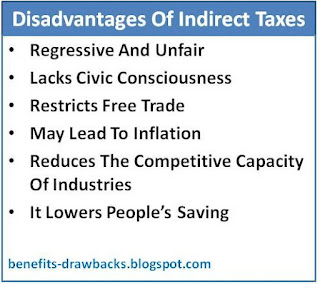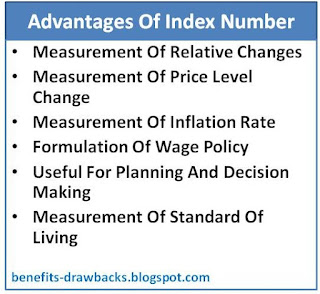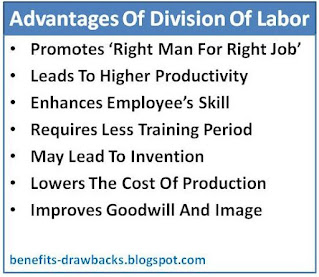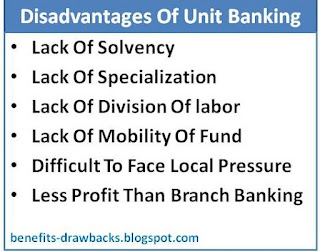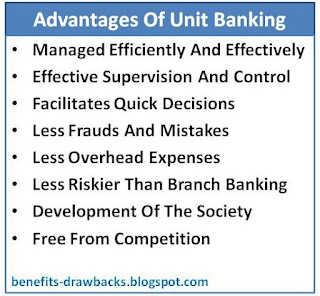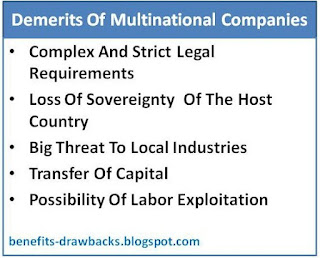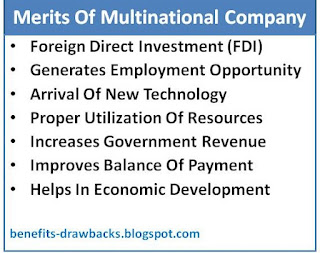Major drawbacks or disadvantages of free trade can be highlighted as follows:
1. Economic Dependency
Because of free trade, economic dependency with foreign countries is encouraged which negatively affects the self-sufficiency of the country.
2. Unfavorable Effects On Domestic Industries
Free trade hampers the development of local industries because they cannot compete with large foreign industries. It effects the industrialization policy of the state.
3. Exhaustion Of Resources
Because of free trade policy, large quantity of natural resources ( in the form of raw materials) are exported without barrier. So, it exhausts the resources of developing countries.
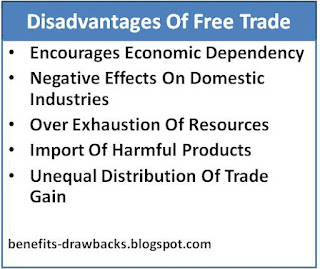
Also Read:

Also Read:
4. Import Of Harmful Products
There is high chance of import of harmful products in the country because of barrier free trade policy.
5. Unequal Distribution Of Gain
Free trade does not promote equal distribution of trade gain among the countries.






